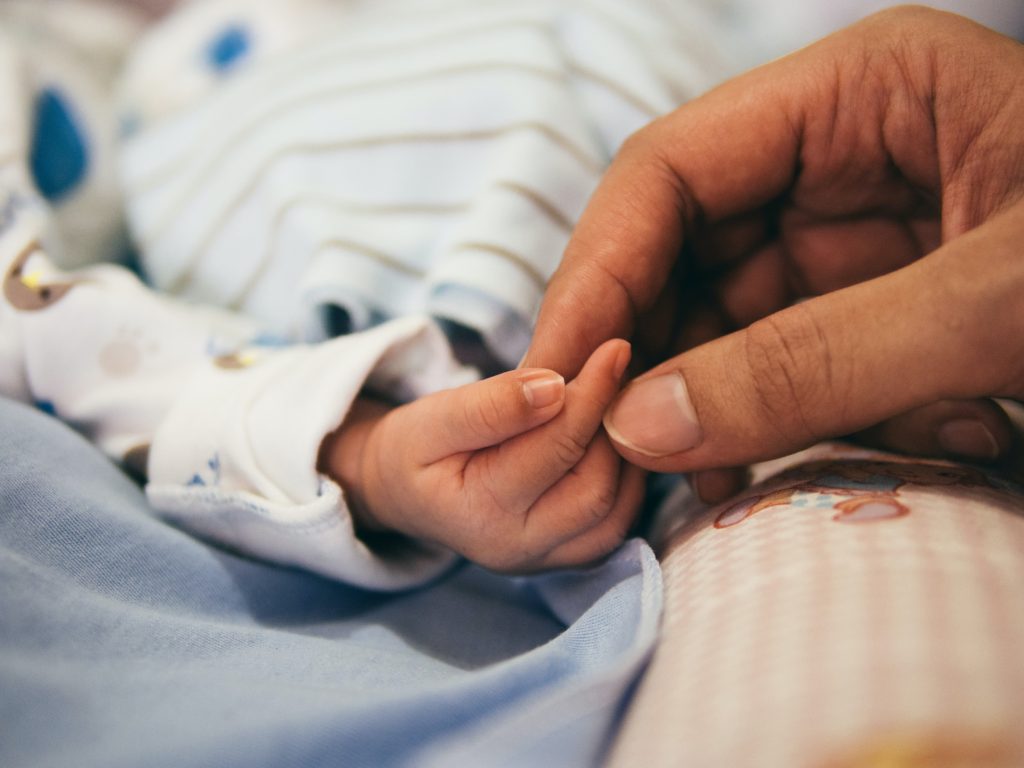The Paradox of Resilience
 By Nasreen Gulamhusein
By Nasreen Gulamhusein
The other night I was driving and listening to this brilliant podcast by Dr. Becky – a well-known Child Psychologist who has a book & a podcast called Good Inside. The focus of this particular episode was about children & praise. At the end of the podcast she said something which made me pause the podcast, pull my car over, and rewind. I wanted to hear it again with my full attention because it was so important to fully take in.
She named something we all struggle with as parents – helping our children build resilience. We struggle because we all want the very best for our children and when they experience something hard or painful, we feel pain too. They are so precious to us and we work hard to protect them, and protecting them often means we work hard to help them feel better (as quickly as possible) when they feel emotional discomfort.
We all have certain knee-jerk reactions to managing our own pain: blame someone, fix it, ignore it, “look at the bright side” or distract from the hurt, just to name a few. These knee-jerk reactions to our own pain become the same reactions we have to our children’s pain. However, these reactions (which feel helpful in the moment) protect our children from the wrong thing. These reactions prevent our children from being in touch with the discomfort of their struggle and instead rushes them over it, around it or right past it.
If our children never get the chance to move through their pain, how will they build this muscle?
Being with the pain is where the gold is. And I know, this sounds like it makes no sense. It is what Dr. Becky would call the paradox of building resilience. Um, why would I WANT my child to feel their pain? This doesn’t sound like a good idea! And you would be partly right. You don’t want them to get STUCK in the pain. But you do want to encourage them to feel the discomfort of the hard moment, learn that they can survive it, and then move through it. Resilience is built by moving through.
So how do I help my child move through without getting stuck in their pain? And how do I handle the parts of me that start to react in those knee-jerk ways when I am helping my child?
This is where your personal work as a parent comes in. When you can encounter your own pain/discomfort with compassion, patience and a willingness to be with yourself, then you will become more able to offer this to your child. What we grow in ourselves, we find easier to extend to others. This work is most powerful when it is not done alone, and personal counselling sessions are a great way to give yourself the space you need to make this growth.
And while you are doing that valuable and important personal work, Dr. Becky has some great tangible and simple resilience-building steps you can take when your child shares a struggle with you:
1. Thank your child for sharing. They trust you enough to bring the hard things to you so start by honouring that.
Use words like:
“Thank you so much for telling me”
“I really appreciate you sharing this hard thing with me.”
2. Help them to remember that struggle is normal and it’s a part of being human.
Use words like:
“Ooof, it’s so hard when X happens isn’t it?” (and X can be anything – not being able to colour in the lines, being picked last during gym-class sports, not making the debate team …etc.)
“It’s okay to feel X. Anyone in your shoes would probably feel that too.”
“I remember feeling X when I was your age” (X can be anything from sad or scared to overwhelmed or angry)
3. Be willing to be with them in their hard place.
When you aren’t scared of their big or hard feelings, they will become less scared of them too. It is here, with you, that your children get to remember that they are worthy of love no matter what is happening to them. And this experience of worthiness is something they will carry with them for the rest of their lives – and there is no greater gift than that.
If you are interested in more Dr. Becky, you can find her here.

